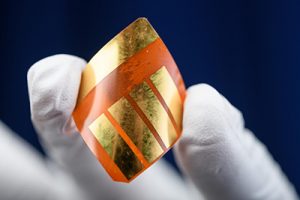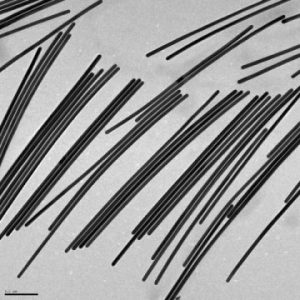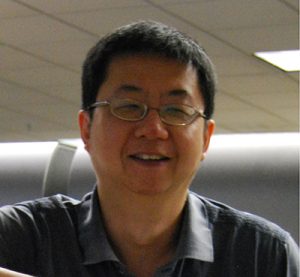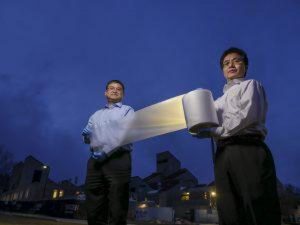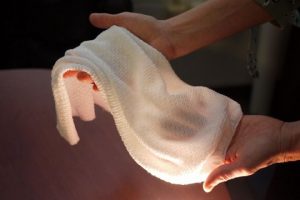
Topic Close-up #3
Symposium Z04: Electrochemistry in Space
Symposium focus: Recent growth in space-related activities have presented numerous opportunities for electrochemistry in space. Space exploration, resource utilization, environmental controls, and satellite operation present many technical challenges and opportunities where electrochemistry will play a critical role. This inaugural symposium on Electrochemistry in Space will bring together researchers and technology developers across a broad array of disciplines to discuss recent developments in technology and science related to electrochemistry in space. Interested contributors are encouraged to submit relevant abstracts in topics including, but not limited to, electrochemical power sources, sensors, processes for environmental controls, energy storage, and in situ resource utilization. (more…)




